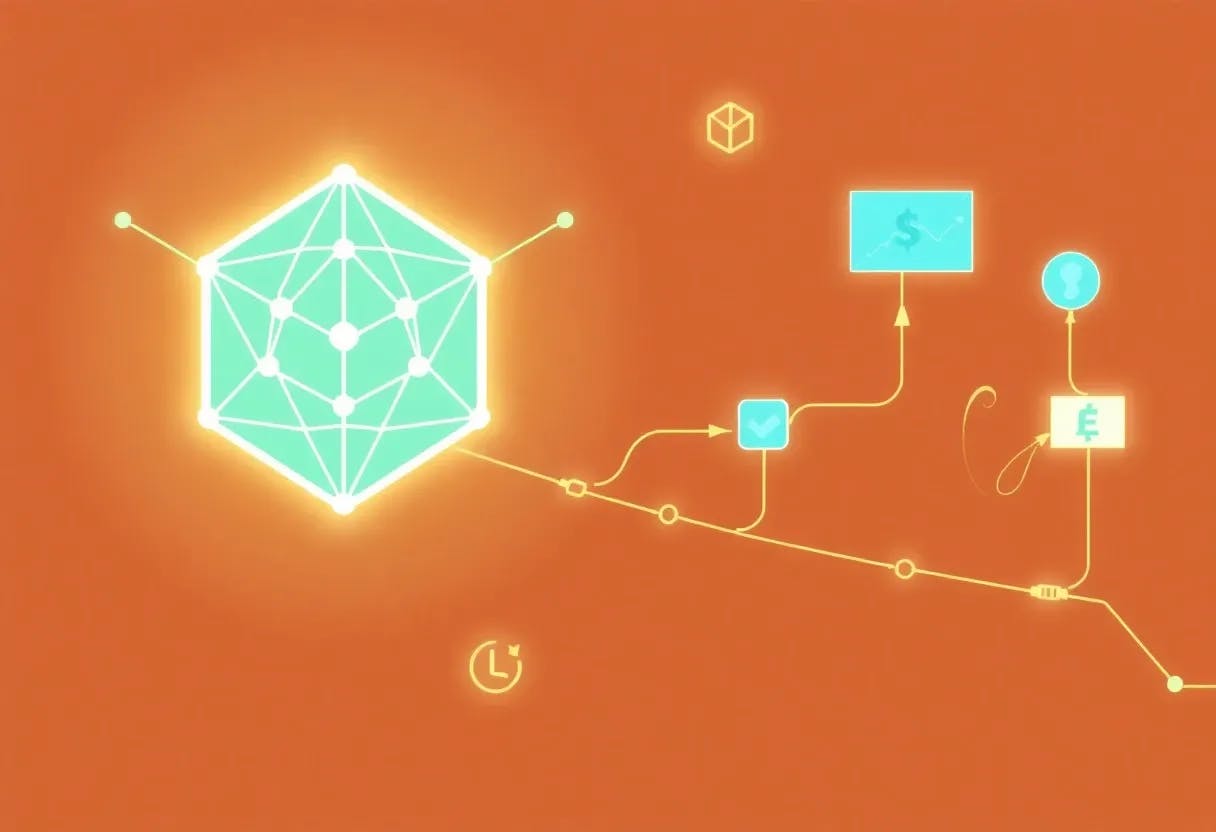Gen Z graduates will act like chief execs from their first days on the job, while the next new hire at your company could be digital.
These are some of the startling conclusions from a new report into the future of work which predicts that the next 18 months will be a critical tipping point.
If you’ve heard the headlines but still avoid using ChatGPT, you may soon no longer be able to – at least if you’re a ‘knowledge’ based employee who works with computers.
Microsoft’s annual Work Trend Index predicts that ‘AI colleagues’ will soon be normal, tasked with everything from research to creating full marketing and business plans.
It predicts companies will need new departments for Intelligence Resources (a cross between IT and HR) to measure performance and manage AI, while the ‘human to agent’ ratio will become a key business metric.
Alexia Cambon, senior research director, told Metro that one of the big questions is how we should see AI once we need to interact with it daily.
The traditional way of looking at technology is as a tool, such as an Excel spreadsheet, dealt with ‘in a command-based way’.
‘What we’re starting to see with AI is that it’s not necessarily just a tool, it is more of a thought partner,’ she said.
The survey found that leaders globally are now seriously planning how AI will change their business, if it hasn’t done so already.
A third (33%) are considering reducing headcount to rely more on machines, while 78% are considering hiring for new AI roles.
We should take this new vision for office work with a pinch of salt, as Microsoft is of course invested: they want to position Copilot as the go-to tool for finding and using such ‘digital colleagues’.
But they’re far from the only ones predicting a new industrial revolution, with even criminals expected to soon be automating their business models.
With productivity a concern across industries, the prospect of workers who never sleep or have an off day is more than tempting.
‘Humans need rest, they need recovery, they need family time,’ Ms Cambon said. ‘That’s why we have labour laws in place.’

But AI can answer customer service queries at 2am or pick berries day and night, even in the dark.
Ms Cambon said the fact we now have a new resource that can work 24/7 is ‘pretty enormous – I don’t think we’re talking enough about what that will mean for humans.’
2025 has already seen many companies dip in a toe with AI ‘assistants’ on hand to help humans carry out their usual tasks.
But that’s only the start, the report says. After surveying over 31,000 workers, analysing use of Microsoft 365, and interviewing experts, researchers see the AI roll-out as coming in three phases.
What is an AI agent?
It’s a type of artificial intelligence that can act independently and carry out tasks without constant guidance and oversight, learning from data it gathers.
We’ll probably see them more and more in the coming years, such as AI that can go and buy us tickets, or that oversees cyber security.
After AI assistants, the next phase will be AI colleagues, when humans work alongside digital ‘agents’ to carry out new tasks.
After this, Microsoft predicts humans will become predominantly managers, tasked with overseeing and troubleshooting work carried out by artificial intelligence.
Imagine the office equivalent of a supermarket worker on hand to help when the self-checkouts start flashing, saying ‘unexpected item in bagging area’.
Whether or not companies think all this is a net good for society, those who don’t develop a strategy will be left behind – whether their strategy is embracing AI, or consciously leaning into the benefits of still relying on humans.
Not everyone wants the robot revolution, the report shows: many prefer to interact with a human, or expect humans to be the ones making difficult decisions which need accountability.
And there’s at least one role the AI is unlikely to take on: they’re unlikely to be your next boss, at least in the shortterm.
Good human managers know they need to prioritise relationships with their direct reports, making them feel they are understood and invested in, Ms Cambon said, which would be hard for a machine to recreate.
The traditional slow rate of promotion through an organisation could be upended, however.
Ms Cambon said: ‘I remember joining the workforce and being really eager to manage a team and being told it would probably be at least 10 years.
‘Gen Z joining now are able to build their own little agentic start-up within their company that they become the CEO of.
‘They’ll be exposed to those types of management experiences a lot sooner than any other early career person has had in the history of work.
‘Hopefully it will only improve [management skills] because you’ll get to practice managing an agent before you manage a human.’
What all this means for the office tea round remains to be seen. Maybe jokes like staplers in jelly and bums on the photocopier will seem as old-fashioned as quill pens in the next few decades.
Get in touch with our news team by emailing us at [email protected].
For more stories like this, check our news page.
MORE: The top eight Elder Scrolls games ranked from worst to best
MORE: Forza Horizon 5 releases on PS5 this week – here’s how to play early
MORE: Insiders claim Elder Scrolls 4: Oblivion remaster could release today after reveal










